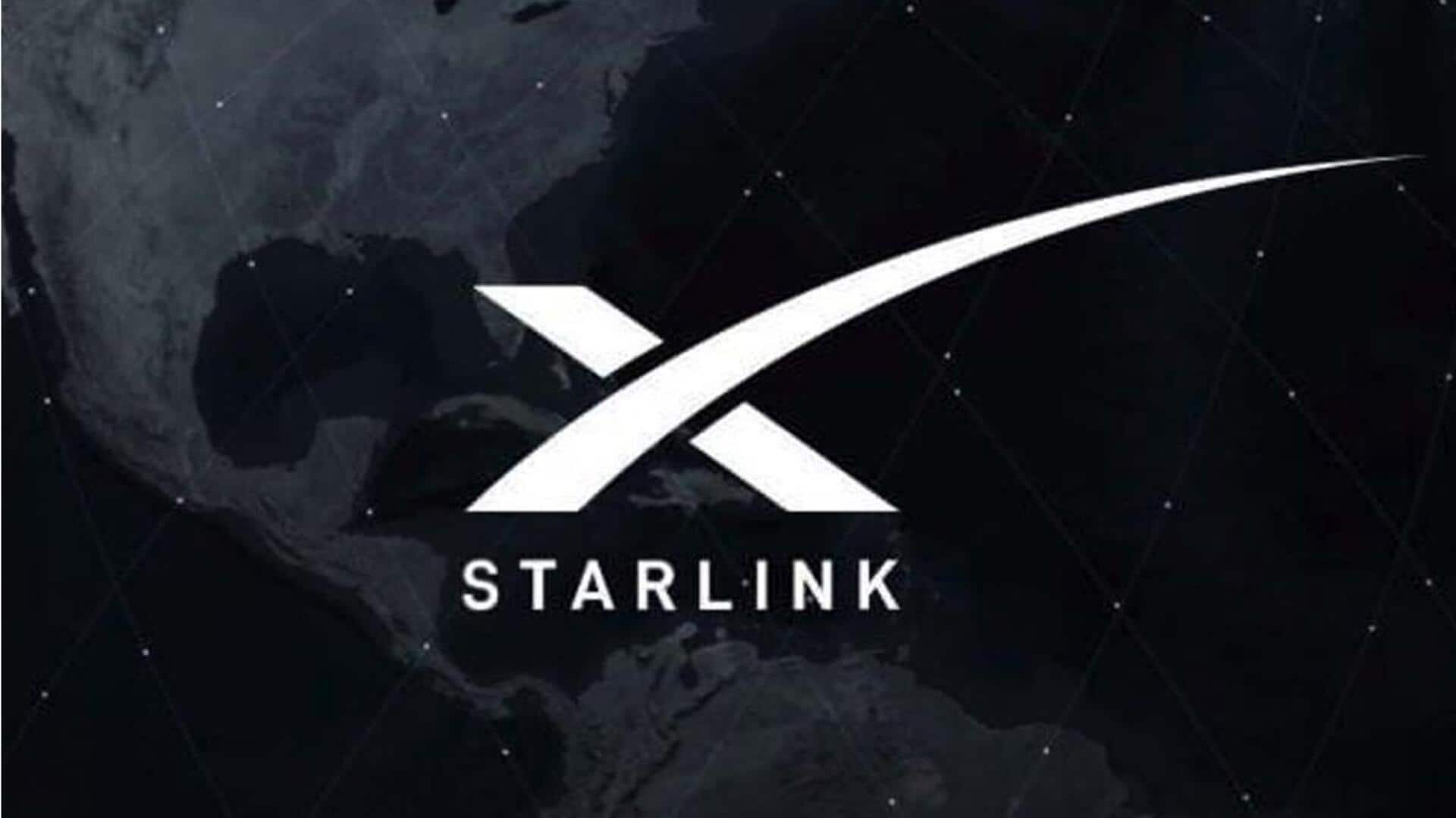
SpaceX will offer $100,000 if you can hack Starlink service
What's the story
SpaceX, the aerospace manufacturer and space transport services company founded by Elon Musk, is offering up to $100,000 reward for anyone who can identify security vulnerabilities in its Starlink satellite internet system.
The move comes as part of a larger effort to strengthen the security infrastructure of the network.
The company's bug bounty program has already identified 43 bugs in the last few months, with the average payout for discovering a vulnerability reaching $913.75 in the past three months.
Program details
Bug bounty program: A proactive security measure
SpaceX's bug bounty program encourages security researchers to test Starlink's system for potential vulnerabilities.
The company hopes to protect the privacy of its growing user base and ensure the robustness of its satellite network, which currently operates over 7,000 low Earth orbit satellites.
Responsible testing is key, according to SpaceX, as it seeks to safeguard both the system's integrity and its customers' data.
Reward criteria
Rewards based on severity of vulnerabilities
The rewards offered by SpaceX for flagging security flaws are determined on a "case-by-case" basis, based on how severe and impactful the discovered vulnerability is.
The company has created a solid framework to evaluate these vulnerabilities, taking into account factors like target type, access required, control gained by an exploit, scale of exploitation difficulty across Starlink fleet devices, and persistence of access post-reboots.
Global expansion
Starlink expands globally amid competition and criticism
Despite criticism from Canadian telecom giant Bell Canada over its reliance on government subsidies, SpaceX's Starlink system has expanded globally.
The company recently announced plans to offer services in Somalia, joining other countries like Italy and Australia as part of its global expansion.
However, it also faces competition from Amazon's Project Kuiper, which plans to deploy over 3,000 satellites of its own.